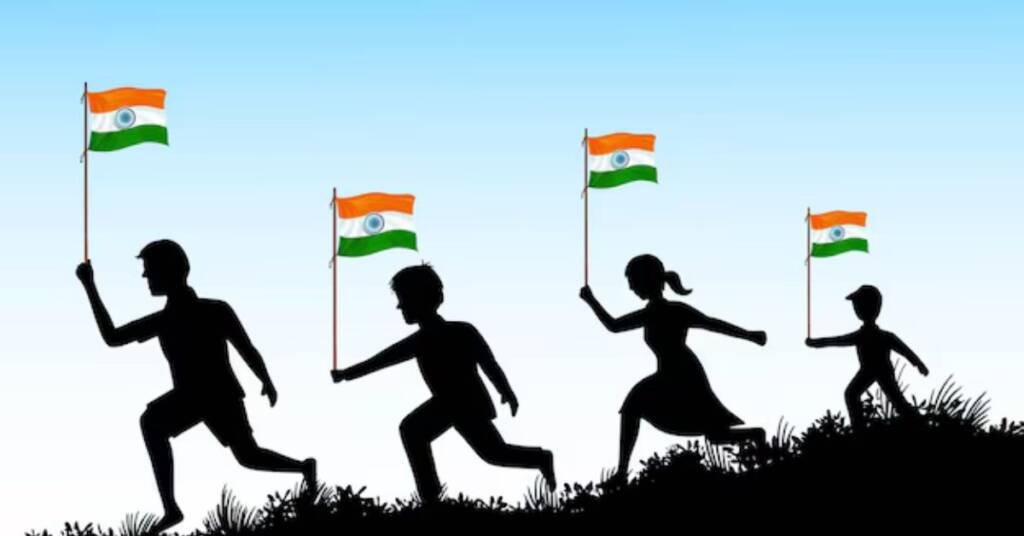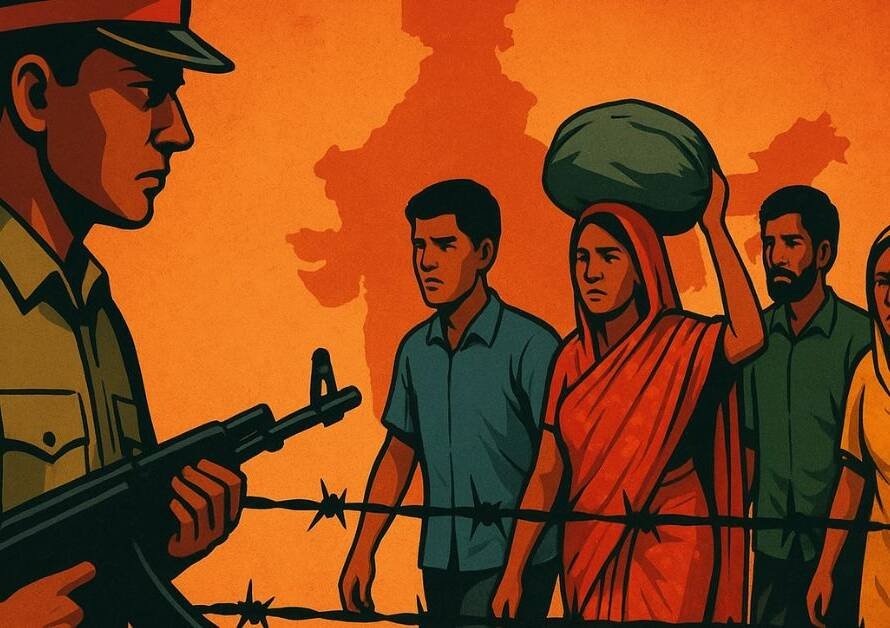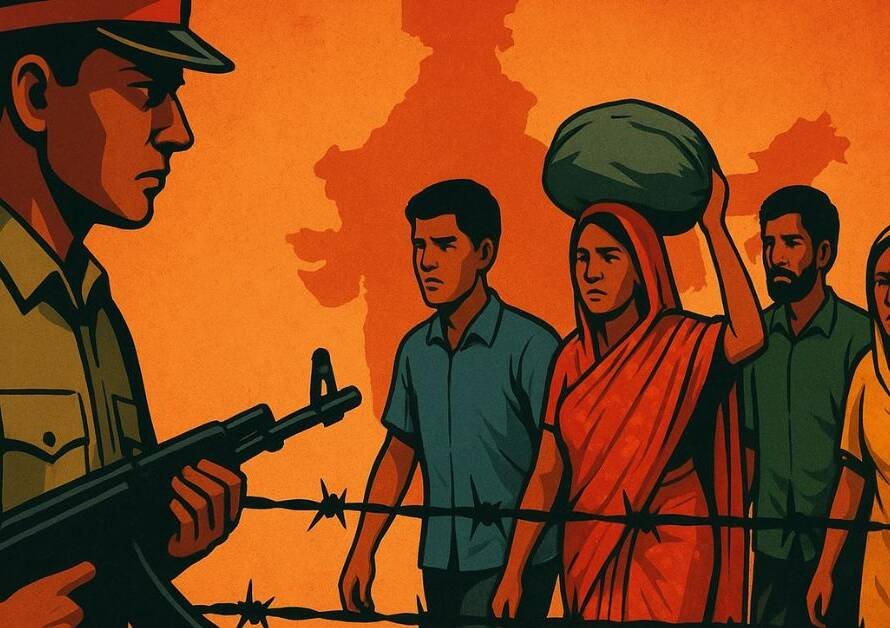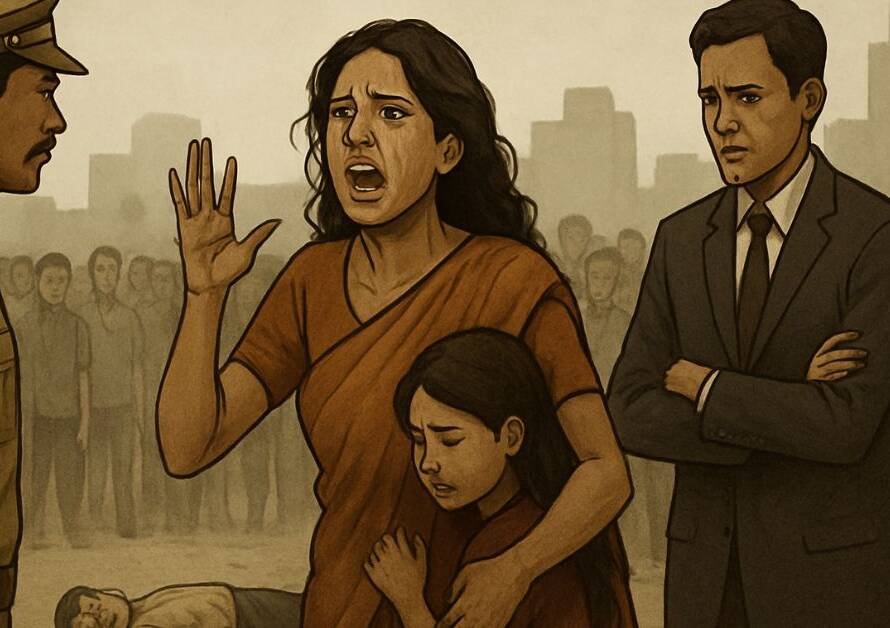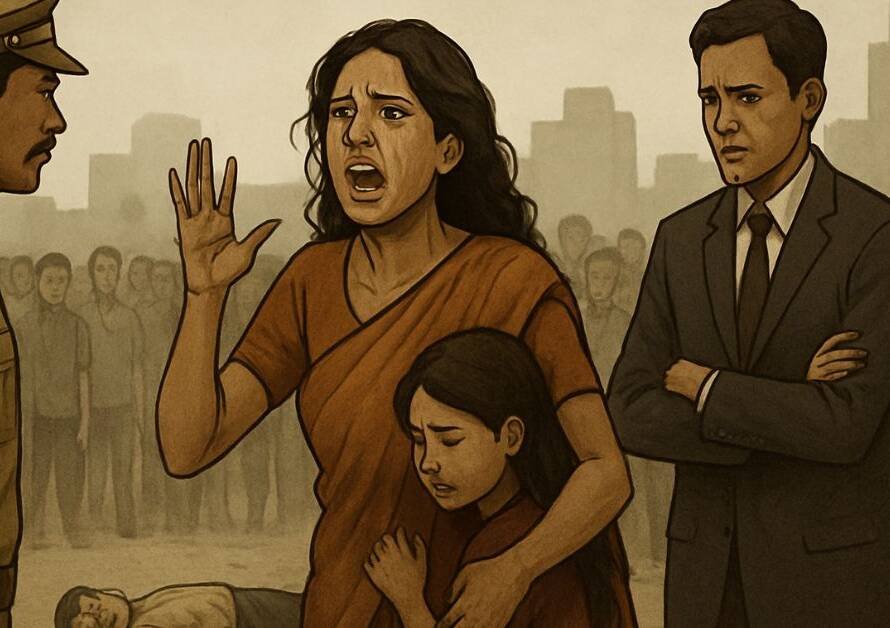History often carries painful truths that challenge the narratives we’ve been taught. Here’s a truth that compels us to question the respect and adulation given to some of our national leaders.
The Incident: The Betrayal of Bhagat Singh, Rajguru, and Sukhdev
In February 1931, Pandit Madan Mohan Malaviya, founder of Banaras Hindu University (BHU), took a bold step to save Bhagat Singh, Rajguru, and Sukhdev from the gallows.
Malaviya Ji submitted a mercy petition to Lord Irwin, appealing to commute their death sentences.
Lord Irwin, however, placed a condition: the petition must include signatures or support from prominent Congress leaders like Gandhi, Nehru, and at least 20 other Congress members.
When Malaviya Ji approached Gandhi and Nehru for their support:
Gandhi and Nehru remained silent and refused to endorse the petition.
Their refusal discouraged other Congress leaders from supporting the plea.
What Lord Irwin Revealed Later
After his retirement, Lord Irwin, during a conversation in London, admitted:
1.If Gandhi or Nehru had appealed for clemency, the British would have likely spared Bhagat Singh and his comrades.
2.Astonishingly, it appeared that Gandhi and Nehru were in more haste than the British to see Bhagat Singh hanged.
3.Irwin revealed that Bhagat Singh’s rising popularity among the masses might have threatened Gandhi and Nehru’s political prominence.
A Shocking Letter from Gandhi
The jailor of Lahore Jail even wrote to Gandhi, warning that the execution of Bhagat Singh, Rajguru, and Sukhdev could destabilize the nation. Gandhi’s reply was chilling:
He wrote, “Do your work. Nothing will happen.”
The Political Calculations Behind the Silence
Bhagat Singh was rapidly becoming a youth icon, his ideas inspiring the masses to envision a revolution against colonial rule.
His growing popularity posed a challenge to Gandhi’s ideology of non-violence and his leadership position in the independence movement.
The British, too, were not in haste to execute Bhagat Singh; they had anticipated strong resistance from Congress. Yet, Gandhi and Nehru’s silence gave them a free hand.
A Betrayal of Patriotism
Even after learning these facts, if someone continues to call Gandhi, Nehru, or the Congress “patriots,” it raises questions about their judgment and integrity.
These truths, often hidden in dusty archives and buried under layers of glorified narratives, reflect:
1.The deep political calculations of Gandhi and Nehru.
2.Their possible insecurities about Bhagat Singh’s growing influence.
3.Their willingness to sacrifice true revolutionaries for their political ambitions.
What Can we Learn?
Question Narratives: Don’t blindly believe history as presented. Delve deeper to uncover hidden truths.
Recognize True Heroes: Revolutionaries like Bhagat Singh, Rajguru, and Sukhdev gave their lives for our nation without seeking political power or fame.
Understand the Power of Truth: It is our responsibility to share these truths with others, ensuring the sacrifices of our martyrs are respected.
Demand Transparency: Use tools like RTI (Right to Information) to uncover suppressed historical records.
A Call to Action
It is time to recognize the true patriots and question the glorification of leaders whose actions betrayed the nation’s real heroes.
Let us honor Bhagat Singh, Rajguru, and Sukhdev by learning and sharing the real history of their sacrifices.
🇮🇳 Vande Mataram! Jai Hind!

